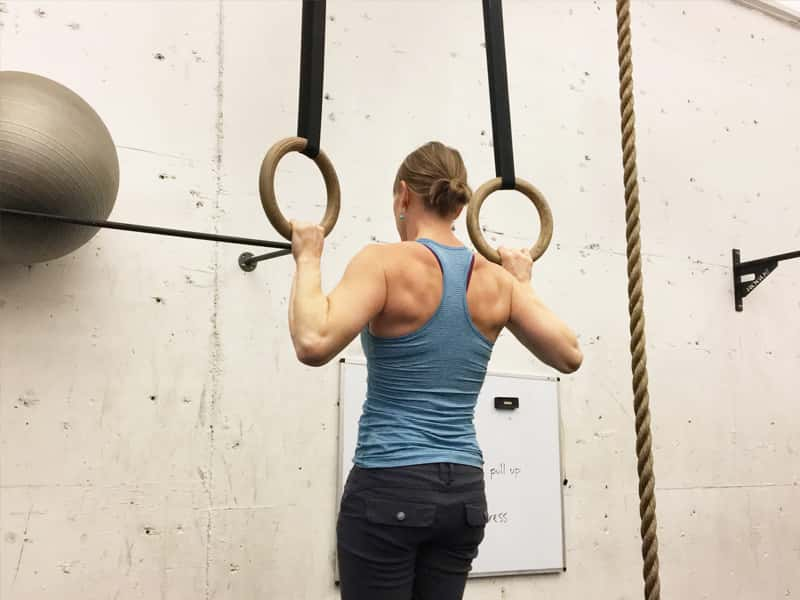Science Based Fitness
News and Articles
Decrease risk from all causes of death?
Overview & goals
What if you can decrease your all cause of mortality by 5 times? What is this drug that better than any other drug available?
No other drug available on the market can equal the benefit of this drug in a 60% reduction of cardiovascular disease. However, what if this isn’t’ a drug at all?
What about regulating hormones, increase bone density, and increased immune cell mobilization? Also, changes in the way your body looks, reduced inflammation, and other immune function? In combination with immunotherapy, this would also be recommended to aid in fighting cancer and disease.
This drug would be prescribed to every person in the world!
No, we’re not talking about a magic drug. The key component here is exercise. Studies published over the past decade have shown that increase exercise can drastically lower all-cause mortality. There’s not a drug on the planet that can lower the risk of all cause mortality like exercise can.
But how much exercise?





cardio and vascular health
You might have belonged to a gym or currently do, and you’re at the gym for over an hour a few days a week. Surprisingly, less might be more! Would you benefit more from an hour of physical exercise a few days a week, or less than hour every day? More frequent but less time has been shown to be much more beneficial.
Resistance Training
Metabolic problems can occur due to lack of physical activity, but it may require as much physical activity as you once thought. Daily exercise around 30 minutes is the best for overall health. Too much exercise can lead to a different metabolic affect, which increase hunger hormones. One issue with increased hunger hormones is people will often eat in a caloric surplus, so weight loss limited even with the increased metabolic rate.
nutrition
Diet and health
When it comes to weight loss and anabolic metabolism, too much physical stress may result in lower energy levels due to process of rebuilding muscle tissue, hypertrophy. People may experience increased energy levels by a daily dosage of 30 minutes of moderate to higher exercise. Diet is the fuel for your exercise goal.
Keep you on track
New articles and information weekly
Ensure your work out
Motivation and training guides
Evaluate your progress
Become the best version of yourself





